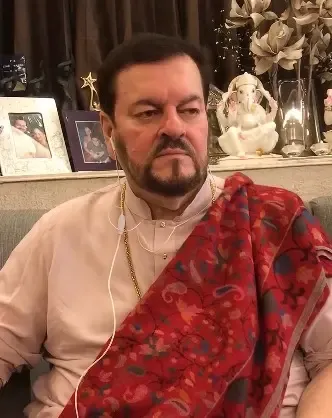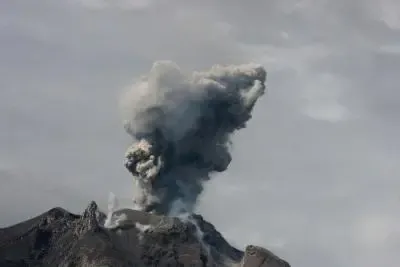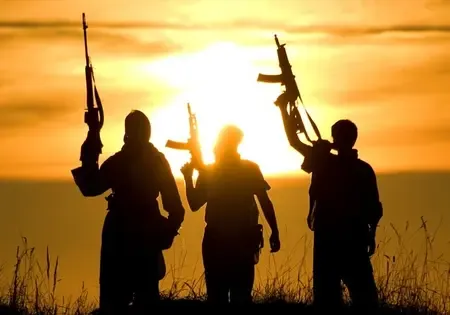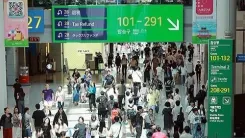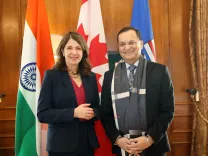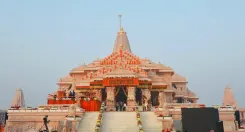Will the SC Hear Tomorrow's Plea Challenging Telangana's 42% BC Quota in Local Bodies?
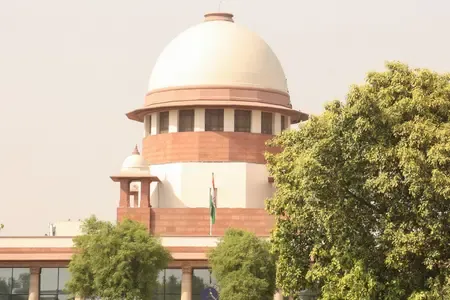
Synopsis
Key Takeaways
- Supreme Court to review Telangana's BC reservation hike.
- Petition argues violation of 50% ceiling.
- Concerns about the triple test for OBC reservations.
- Petition filed by Somiran Sharma under Article 32.
- Implications for local governance and reservation policies.
New Delhi, Oct 5 (NationPress) A petition has been submitted to the Supreme Court contesting a government directive from Telangana that escalated reservations for Backward Classes (BCs) in local bodies to 42 percent.
According to the list of cases published on the Supreme Court's official website, a panel of Justices Vikram Nath and Sandeep Mehta is scheduled to review the issue on October 6.
The petition, lodged by advocate Somiran Sharma under Article 32 of the Constitution, argues that this action violates the 50 percent ceiling established by Supreme Court rulings concerning reservations in local governance.
The plea disputes G.O. Ms. No. 09, issued on September 26, asserting that when adding the existing reservations for SCs and STs of 15 percent and 10 percent respectively, the total reservation now exceeds 67 percent.
It highlights that Section 285A of the Telangana Panchayat Raj Act, 2018, explicitly sets the 50 percent ceiling in accordance with the Constitution Bench's decision in the case of K. Krishna Murthy v. Union of India.
"Despite this legal restriction, the State has attempted to enforce the disputed Government Order, thereby acting ultra vires both the Constitution and the statute," the petition claims.
Pointing to the Supreme Court's ruling in the K. Krishna Murthy case, the petition states that "the upper limit of 50 percent for vertical reservations in favor of SCs/STs/OBCs must not be breached within the context of local self-governance. Exceptions can only be made to protect the interests of Scheduled Tribes in Scheduled Areas."
The petition claims that the Telangana government has not adhered to the "triple test" established by the Supreme Court in Vikas Kishanrao Gawali vs. State of Maharashtra, which requires that any OBC reservation in local bodies must be preceded by a dedicated Commission conducting a thorough empirical investigation; specifying reservations on a local body basis based on that data; and ensuring that the total reservation for SCs, STs, and OBCs does not surpass 50 percent.
It also scrutinizes the rationale behind the state government's decision, noting that the increase is based on a "one-man commission report" that "was neither made public nor debated in the Legislature, nor does it meet the criteria for a rigorous contemporary empirical inquiry."
"The Telangana government's reliance on Articles 243D(6) and 243T(6) of the Constitution is fundamentally flawed. While these provisions empower the state legislature to implement reservations for Backward Classes in local bodies, this enabling power is constrained by constitutional limits, including the judicially imposed 50 percent ceiling," the petition asserts.

